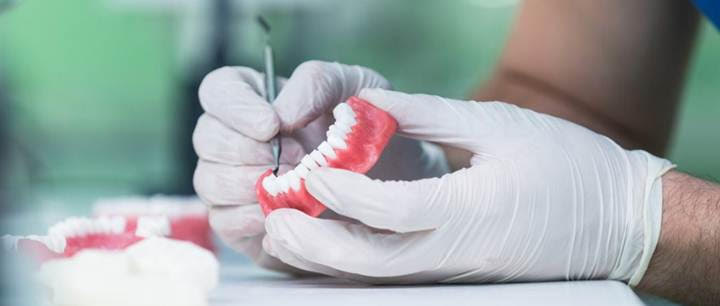Dental Implants in Iran
Affordable Price High Quality
Why Dental Implants in Iran?
Dental implants in Iran are one of the most reliable and long-lasting treatments for teeth loss. When it comes to high-quality dental services with budget-friendly costs and proficient specialists, Iran comes in as the first cosmetic dentistry destination in the Middle East, and even in the world.
Modern equipped dental clinics, English-speaking highly-qualified dentists and surgeons, low costs compared to other countries, and high rates of successful dental surgeries have made Iran the top choice for various dental services such as dental filling, pediatric dentistry, dental veneers, smile correction, orthodontic treatments, and mainly dental implants for many people around the world.
You can save your money with dental implants in Iran. Just contact us for a FREE consultation!
A dental implant procedure is the implantation of an artificial metal root (screw) within the jawbones as a replacement for the damaged tooth root, and this implanted root provides a strong foundation for teeth crowns.
There are various advantages to dental implants. They help restore the aesthetic appearance of the teeth, in addition to the function and the structure of the missing tooth and jaws, as teeth implants function, feel, and look exactly like your normal teeth. Moreover, they are stable and will not slip, make noise, or decay, unlike dentures or bridgeworks which normally cause problems over time, such as speech problems or moving due to jawbone atrophy.
In Iran Medical Tours, we offer a dental implant package including Iran Medical Visa, pick-up and transfer, accommodation, doctor visits and appointments, and follow-ups.
If you are a citizen of one of the three countries of the USA, the UK, and Canada, take a look here.
What Are Dental Implants?
Dental implants in Iran are done through a simple surgery in which a strong post of titanium, zirconia, or porcelain is placed deep into the jawbone. This metal post will later serve as the strong foundation for the replacement porcelain tooth.
Both titanium and zirconia are the strongest and lightest materials. They are fully compatible with the jawbones as they fuse completely with your jawbone so they do not slip or move or cause any damage to their surroundings, unlike fixed bridgeworks or normal dental prosthetics.
Moreover, dental implants do not get cavities like your normal teeth would, because neither metal nor porcelain crowns can be affected by cavities.
Dental Implant in Iran |
The First Stage |
The Second Stage |
Anesthesia |
Local |
Local |
Duration |
1 – 5 Hours |
1 – 2 Hours |
Recovery |
1 – 7 Days |
2 – 3 Days |
Clinic Stay |
No |
No |
Total Stay |
5 – 7 Days |
5 – 7 Days |
Back to Work |
7 Days |
7 Days |
Are There Any Risks Associated with Dental Implants?
Like any operation, there are some risks and complications associated with dental implants. Those risks are rare problems in general, and if they occur, they are simple and treatable. The risks include:
-
Implant rejection
-
Infection in the affected area
-
Injury or damage to the adjacent teeth
-
Nerve damage, which can present as pain or numbness of the lip, gums, or chin
-
Sinus problems in the case of upper teeth implants
What Are the Stages of Dental Implant?
The dental implant is considered an outpatient procedure, as it does not require admission to the hospital.
The dental implant procedure is carried out in stages and requires time for bone healing between the different stages. The implantation procedure includes several steps, including:
-
Removing the damaged tooth parts
-
Preparing jawbones and sometimes bone grafting as needed
-
Implanting the metal root into the jaw
-
Waiting for bone growth around the implanted area and healing
-
Placing the abutment on the metal root
-
Installing the artificial crown
Dental implants may generally take more than a month. Most of this time passes while waiting for bone healing and growth. It depends on the materials used of course, and sometimes several steps are combined in one session.

